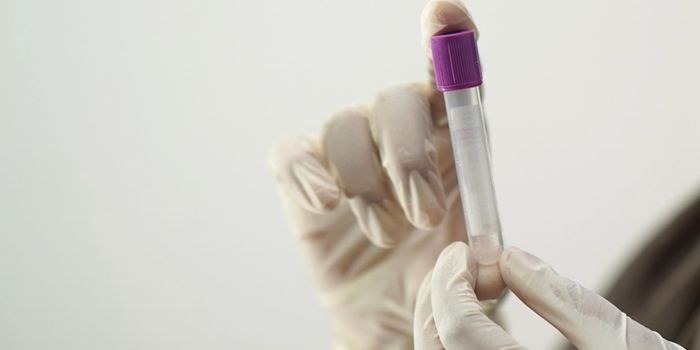New Clinical Assay Useful For Urothelial Cancer
U.S. Food and Drug Administration (FDA) has now approved a pharmDx assay called ‘Dako PD-L1 IHC 22C3’ by Agilent Technologies Inc. for use in urothelial carcinoma. The assay is the only approved companion diagnostic to help identify patients with urothelial carcinoma for treatment with KEYTRUDA, which is a monoclonal anti-PD1 therapy manufactured by the pharmaceutical company known Merck for the first-line treatment option of cancer.
Specifically, KEYTRUDA is approved for cancer patients experiencing locally advanced or metastatic urothelial carcinoma and who are not eligible for cisplatin-containing chemotherapy. Additionally, their tumors must express PD-L1 [Combined Positive Score (CPS) ≥ 10] as determined through an FDA-approved test, or in patients who are not eligible for any platinum-containing chemotherapy.
The pharmDx assay referred to as ‘PD-L1 IHC 22C3’ follows previous FDA-approved assay for non-small cell lung cancer (NSCLC), gastric or gastroesophageal junction (GEJ) adenocarcinoma, and cervical cancer. "Anti-PD-1 therapies are a promising treatment class for many cancer types, and early PD-L1 testing can provide critical information to physicians managing urothelial carcinoma patients," explains Sam Raha, the president of Agilent's Diagnostics and Genomics Group. "By expanding the use of PD-L1 IHC 22C3 pharmDx, Agilent strives to address the unmet need for treatment options in patients who are ineligible for cisplatin-containing chemotherapy. Through these efforts, we maintain our commitment to bringing companion diagnostics to the market in support of groundbreaking immuno-oncology therapeutics."
The 5th most common cancer in the United States, urothelial carcinoma holds an estimated incidence of 81,000 new diagnoses in just 2018. For 30 years, cancer-related morality has not approved for patients with advanced/metastatic urothelial carcinoma with a five-year survival rate of approximately 15%. Additionally, the age along with disease-associated comorbidities affect patient eligibility for standard treatments such as cisplatin-containing chemotherapy. Patients that cannot be administered cisplatin-containing chemotherapy, will have an unmet need for effective therapy.
Source: Agilent











